Content from the Brookings Institution India Center is now archived. After seven years of an impactful partnership, as of September 11, 2020, Brookings India is now the Centre for Social and Economic Progress, an independent public policy institution based in India.
Last year raised questions over relevance of liberal democratic processes, called for a review.
2016 has been a dramatic year. I am not sure about the others but the developments over the past year have made me reflect on four issues. The relevance of the current system and process of democratic politics in what is now referred to as the “post-truth” or “post-fact” world; the beginning of the end of the oil era; the compatibility of our inflexible system of bureaucratic governance with the pressures of a complex, connected and changing world and the fragility of corporate reputations.
Politicians have always played fast and loose with the truth. As such, the “facticide” that marked the campaign for Brexit and Donald Trump’s march to the White House should not have come as a complete surprise. But it did. This was, in part, because of the gall with which the falsehoods were uttered and, in part, because they received global attention through the internet and social media. In fact, so much so that the Oxford Dictionary declared the adjective “post-truth” as its word of the year for 2016. I am no political scientist but as the political unthinkable got pushed into the mainstream, the thought that crossed my mind was whether the existing electoral structures and systems for manifesting public opinion were, in fact, democratic. To be precise, if the American system of primaries and electoral college voting for the president; the UK and Indian “first past the post system” for elections to Parliament or the German system of proportional representation, grounded as each are on the bedrocks of nationalism and political sovereignty, were in sync with the imperatives of a connected economic and social order. These systems had built in checks and balances to prevent the rise of precisely the demagogues and demagoguery that surfaced in 2016.
Two questions need to be asked. One, whether these electoral processes push the voter into a Faustian corner wherein whilst it offers them the periodic opportunity to challenge the establishment, it limits their choices by straitjacketing this challenge into conduits managed and controlled by the establishment? Two, in consequence, is it not time for a root and branch review to contemporise the existing panoply of liberal democratic processes?
Just over a hundred years ago, in 1911, Winston Churchill, as the first Lord of the UK Admiralty, heralded the oil age by ordering the UK Navy to use oil, and not coal, as bunker fuel for their ships. Coal continued to be an important energy source but thenceforth oil’s share in the energy basket rose inexorably. Today, oil is the dominant fuel for transport and prima facie there is no Churchillian reason for assuming this situation will change in the near to mid-term. There is no commercially viable substitute for oil as a transportation fuel and the economics of electric vehicles is not competitive. But Moore’s law and “uberisation” might change all this. Moore’s law posits that computing power will double every 18-24 months. And “uberisation” is altering the current owner-operator model of mobility. These two forces combined could redefine the shape of the transportation sector.
Amory Lovins, director of the Rocky Mountain Institute in the US, uses an evocative acronym to depict the emergent change. The sector, he says, will evolve from PIGS to SEALS: The current model based on personalised, internal combustion, gasoline based and steel encased vehicles will shift to one based on shared, electric, autonomous (that is driverless), and lightweight vehicles. Until 2016, all conversation about a commercially competitive and scalable alternative to gasoline and the internal combustion engine were caveated by the constraints of costs, limitations of battery storage (and hence driving range) and recharging infrastructure. Last year, the conversations began to acquire a ring of commercial conviction. An increasing number of people — not just entrepreneurs like Elon Musk (Tesla) or automotive companies like Mercedes, General Motors and Toyota but also governments — bet on Moore’s law and predicted that these caveats would, sooner than later, be removed by the advancement of technology. Given that transport accounts for 60 per cent of oil demand, a world of SEALS would effectively seal this commodities future. I wonder whether, in hindsight, 2016 will be remembered as the inflection year when oil entered its period of decline.
The jury is still out on the precise economic ramifications of demonetisation but I am sure that even the PM will accept that it has been poorly implemented. One can adduce many extenuating explanations, of which the strongest argument would be that the civil servants responsible for implementation were not given sufficient notice. But these explanations leave two fundamental questions unanswered. Is our steel-encased, rigid and hierarchical bureaucracy, staffed as it is in the main by “gifted amateurs”, knowledgeable enough to help their political masters navigate the shoals of a complex, competitive, connected and technocratic world? Do they have the security of institutional safeguards to offer objective advice? To be specific, did whoever was consulted by the PM about demonetisation have detailed understanding about our banking and digital infrastructure? And if so, did they feel secure enough to share this information with the PM, warts and all? I do not have an answer to these questions but I will say that the manner in which this decision has been implemented highlights the importance of institutionalising the lateral entry of experts into the upper echelons of our economic and technical ministries, a la the US system.
The Tata Group has, for decades, sat on the perch of corporate governance. It is not a position the group inherited. It earned that position slowly but convincingly. Today, the group is embroiled in a conflict that has severely eroded its market capitalisation and, more important, its reputation. Two issues deserve reflection. One, the importance of individuals. They can both make or mar institutions. And two, the fragility of reputation. For whilst it always arrives on foot, it can leave in a Ferrari.
This article first appeared in The Indian Express, on 2 January 2017. Like other products of the Brookings Institution India Center, this article is intended to contribute to discussion and stimulate debate on important issues. The views are of the author(s). Brookings India does not have any institutional views.
The Brookings Institution is committed to quality, independence, and impact.
We are supported by a diverse array of funders. In line with our values and policies, each Brookings publication represents the sole views of its author(s).
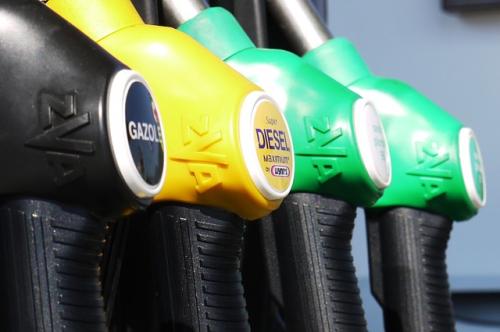
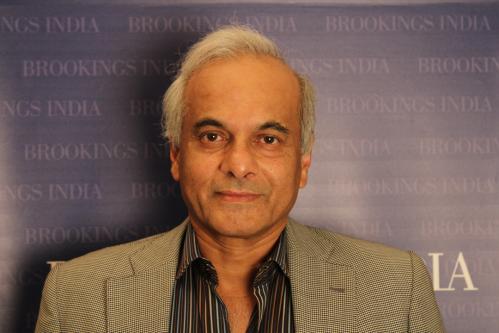
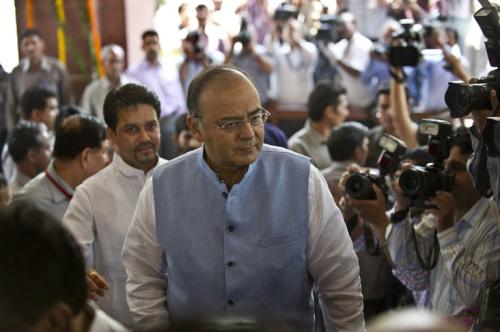
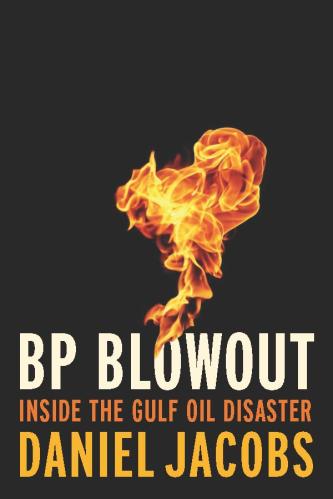
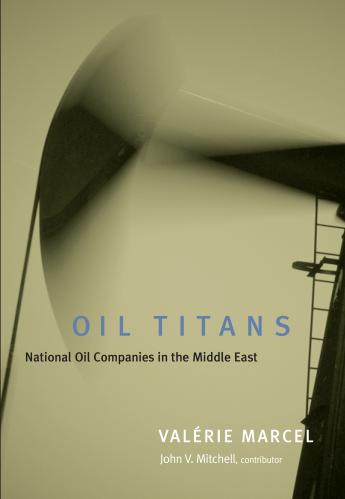
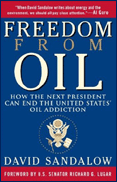
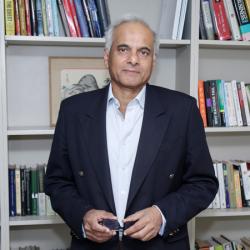



Commentary
Op-edFinding the sync: connecting the fragmented liberal and democratic processes
January 2, 2017